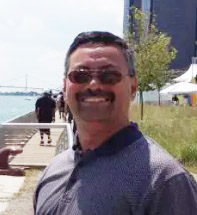
My name is Alex Kulcsar, and I am a software and systems engineer, consultant, and educator. I live in the Ann Arbor, Michigan area, but I was raised on the “east coast” of Michigan near Saint Clair. It is a wonderful little town along the Saint Clair River. I graduated from the University of Michigan in 1998 with a bachelor’s degree of science in mathematics and a teaching certificate at the secondary level for mathematics and computer science. I also have a diploma in electronics from National Radio Institute. I recently earned a master’s degree in computer science from American Sentinel University. I will be pursuing another master’s degree in education from a Big Ten institution in the near future. Eventually, I plan to pursue a Ph.D. in either education or computer science.
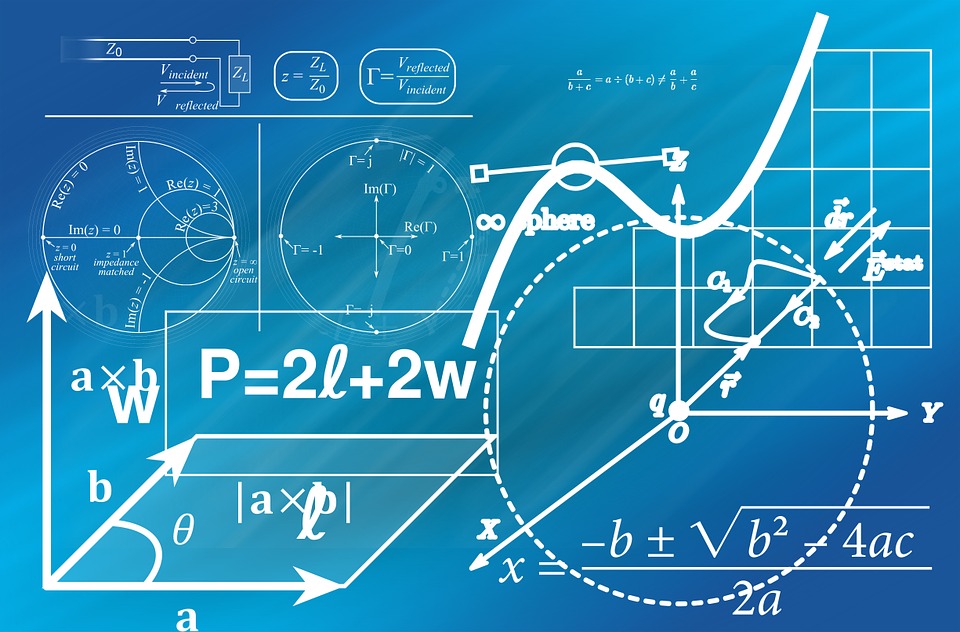
After teaching high school mathematics (mostly geometry) for a year (which I thoroughly enjoyed), I returned to the University of Michigan as an systems and network analyst, where I stayed for 15 years. I was growing restless toward the end of my tenure there, so the university and I parted ways in 2012. I began work on my master’s degree at American Sentinel at that time, and I formed my company, Robo Technical Group, with my business partner and long-time friend. Through Robo Technical Group, I provide IT support to local businesses, and I contract out to educational institutions as a software and systems engineer.
Aside from my computer work through Robo Technical Group, I am an adjunct faculty member at American Business & Technology University, where I also am program chair for the computer science programs. There, I teach IT, computer science, and mathematics courses. I also teach CPR courses for local organizations here in southeastern Michigan. I have been a certified instructor with the American Red Cross for 20 years.

STEM and STEAM are important movements to help focus the educational curricula of grade-school students in the U.S. To me, it’s a modernization of “The Three R’s: Reading, ‘Riting, and ‘Rithmetic.” STEAM, in particular, ties the arts to the rest of the curriculum and emphasizes the idea that there is a science to the arts, and there is an art to the sciences. It is important to engage and to encourage the creative sides of our students.
I program in a variety of languages. I mostly program in C#, but I also work in PHP, HTML / CSS / JavaScript, TypeScript, Visual Basic, Java, C++, and T-SQL. I’ve programmed in other languages in the past, including BASIC and XBase.
I am a huge fan of MakeCode Arcade. It’s been a lot of fun creating games in that environment, and it’s been equally fun getting to know and to work with the developers at Microsoft as the platform matures. I transitioned from its predecessor, TouchDevelop, as I searched for a platform for a course that I am writing.
The course that I am writing is an introductory course to programming for college-level students with no previous background. (We often call them CS0 courses.) Most of the games that I have written in MakeCode Arcade will be featured in the course. It has been a lot of fun for me to create these games in MakeCode Arcade; it’s such a pleasant environment for exploring both the creative side and the analytical side of computer science. I still am developing the course materials, but I hope to have the course completed by the end of 2019.
My electronics skills are a little rusty, and I haven’t picked up a soldering gun in years. I do look forward to getting back into that realm as the maker scene continues to grow. I’ve been fascinated by FPGAs, as well, which provides us a way to create electronic circuits via programming languages.
Along with posting games at the MakeCode forum, where community members can view the logic of my games and apply it to games of their own, I have created several extensions for MakeCode Arcade that I use in my own games. I currently am working on an extension that game creators will be able to use to build 3-D dungeon crawler games. I also enjoy answering thoughtful questions that community members pose in the MakeCode forums. I also work with the development team to find and fix bugs in MakeCode and to correct mistakes in the documentation.
Community members are welcome to reach out to me through the MakeCode forums. For those educators in southeastern Michigan, I’m happy to meet up if there is a way that I can contribute to your educational endeavors.



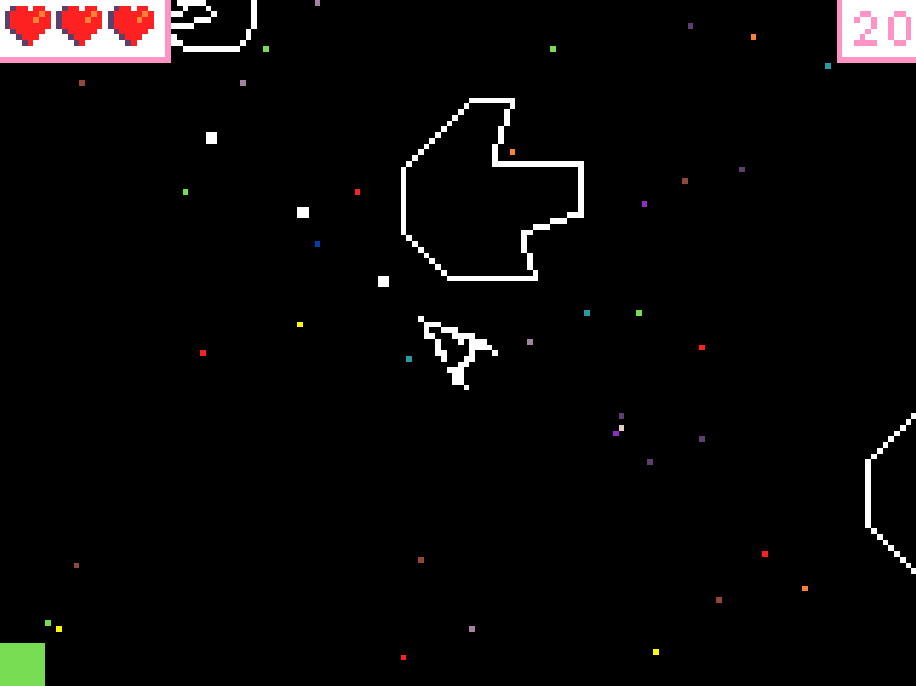
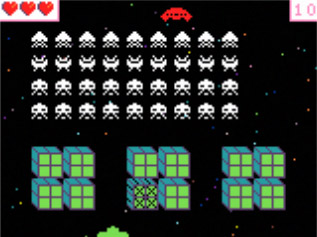
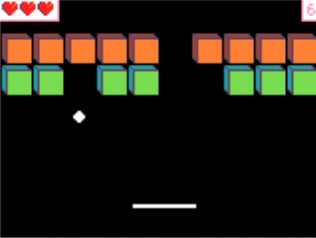
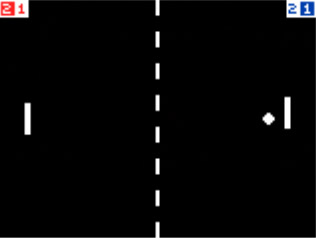

Start the discussion at GHI Electronics forums